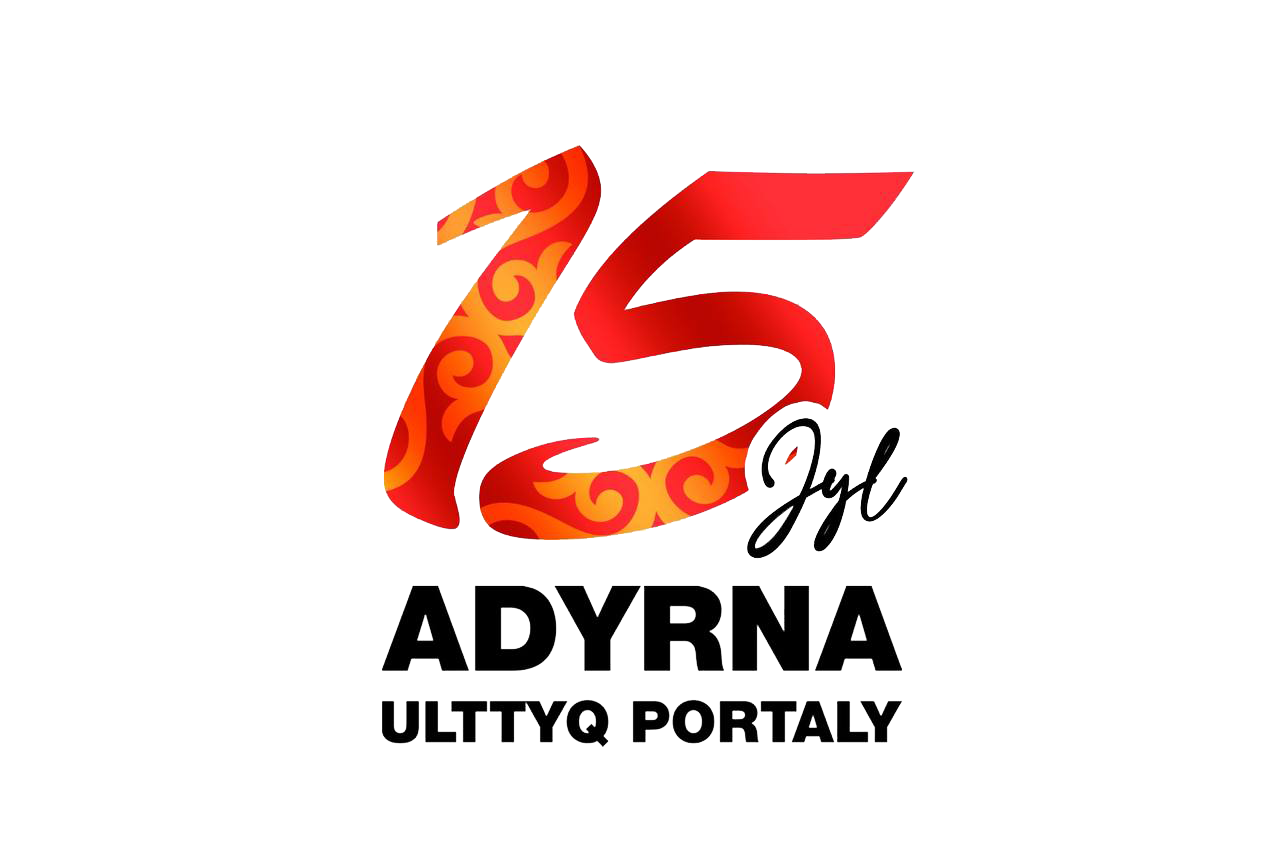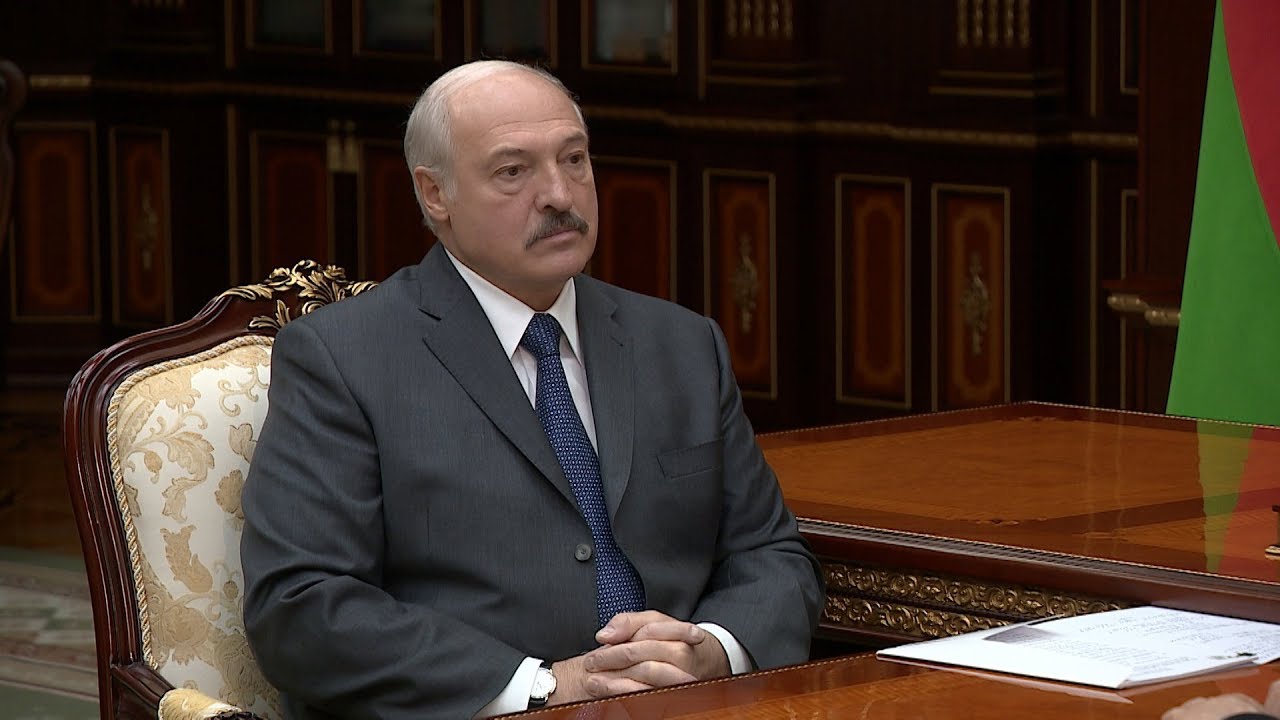The head of the state signed the law on prevention of torture and other cruel, inhuman or degrading treatment and on expanding the rights of convicted persons, "Adyrna" correspondent reported with reference to Akorda.
This law is a continuation of systematic steps aimed at eliminating torture and other forms of abuse in Kazakhstan within the framework of political and legal reforms underway in the country, introducing international norms on this issue into national legislation, as well as expanding the rights of convicts and preventing the formation of a negative subculture in prisons.
In particular, the following norms are provided in the document:
responsibility for cruel or degrading treatment is considered;
criminal liability for torture will be tightened;
opportunities to use the audio and video recording system during investigations to prevent illegal activities will be expanded.
In addition, the Law provides a number of additional rights to convicted persons:
— In case of serious illness, they are given the right to postpone the term of serving the sentence, that is, the convicted person has the opportunity to receive urgent treatment in a medical institution;
— A court decision to release a convicted person from serving a sentence due to a serious illness will be executed immediately (prior, convicted persons were released only after the court's decision entered into legal force);
— In order to preserve the social connection between convicted women and their children, the period of allowing them to leave their children in the colony was extended from 3 years to 4 years;
— In order to prevent previously convicted persons from having a negative influence on citizens who have committed a crime for the first time, the ways of allocating convicts to institutions in the criminal justice system will change. Now, those convicted for the first time will serve their prison sentence in a separate place from those previously convicted. This allows for the formation of law-abiding behavior.
Amendments to general legislative acts increase the guarantees of human rights. At the same time, it is intended to improve the conditions of convicted people in prison by strengthening security measures, providing opportunities for their correction and adaptation to society.


















